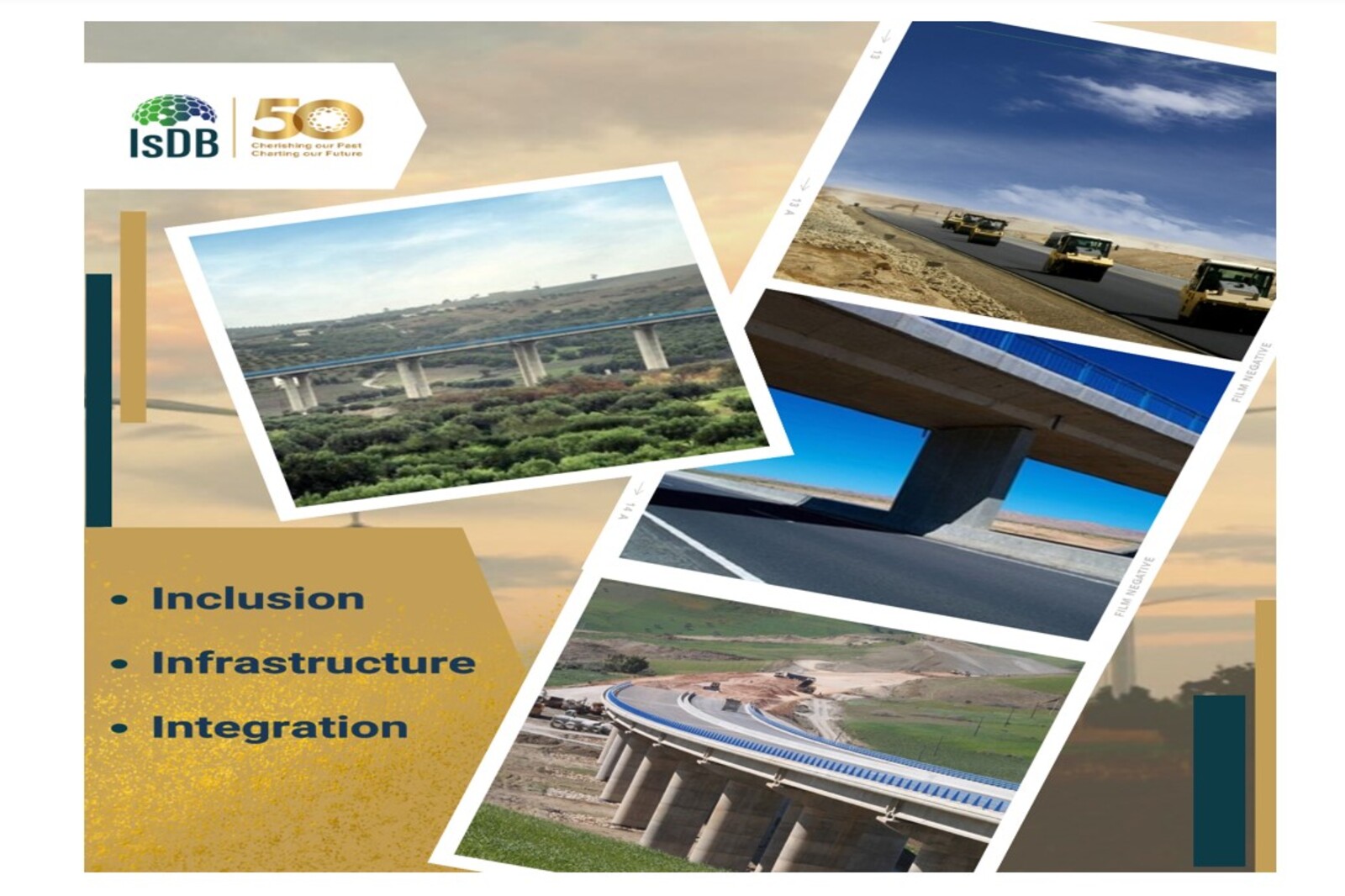
Partnering for Economic Development: Morocco's Highway Revolution
Morocco, a nation steeped in history and blessed with diverse landscapes, has long sought to bridge the gap between its rich cultural heritage and economic potential. One of the key challenges hindering progress was the fragmented nature of its transportation network, particularly its highway infrastructure. Recognizing this obstacle, the Islamic Development Bank (IsDB) joined hands with the Moroccan government in a collaborative effort to embark on a transformative journey.

The IsDB's partnership with Morocco aimed to address the nation's transportation challenges through the development of a modern and sustainable highway network. This ambitious vision sought to not only enhance regional integration but also foster economic growth, improve accessibility, and promote environmental responsibility.
The Fes-Taza segment, a crucial 127-kilometer artery, serves as a prime example of this transformative partnership. This project streamlined a vital section of the Fes-Oujda highway, connecting key cities and fostering regional integration. Two 7-kilometer carriageways, 12 interchanges, and numerous bridges and underpasses were constructed, employing cutting-edge engineering techniques.
Sustainability wasn't an afterthought; it was a cornerstone of the project. The route was meticulously planned to minimize environmental impact, with careful consideration given to minimizing disruptions to valleys and protecting diverse ecosystems. Innovative drainage systems and retaining walls were also incorporated to ensure resilience against heavy rainfall, safeguarding the surrounding environment.
The impact of the Fes-Taza project extends far beyond the realm of infrastructure development. Travel time between Fes and Taza has been significantly reduced, allowing for more efficient movement of people and goods. This, in turn, has led to a decrease in fuel consumption, resulting in reduced carbon emissions and contributing to a more sustainable future. Additionally, improved connectivity has empowered local businesses, particularly in the agricultural and tourism sectors, by facilitating easier access to markets and reducing transportation costs.
The IsDB's collaboration with Morocco extends beyond the Fes-Taza region. Recognizing the importance of a well-connected national network, the IsDB also supported the construction of the Marrakech-Chichaoua section, a vital link in the bustling Marrakech-Agadir corridor. This 84-kilometer stretch, equipped with modern facilities, boasts a sustainable revenue model through tolls, ensuring its long-term viability.
The story of Morocco's highway revolution is a testament to the transformative power of collaboration and innovation. The IsDB's partnership with the Moroccan government has served as a catalyst for progress, paving the way for a more connected, sustainable, and prosperous future for the nation.

Morocco's ambitious vision extends further, aiming to construct over 5,500 kilometers of new highways and expressways by 2035. The IsDB, recognizing the potential for continued growth and inclusivity, stands ready to support this journey, ensuring that Morocco's roads not only connect cities but also bridge the gap towards a brighter and more sustainable future.
